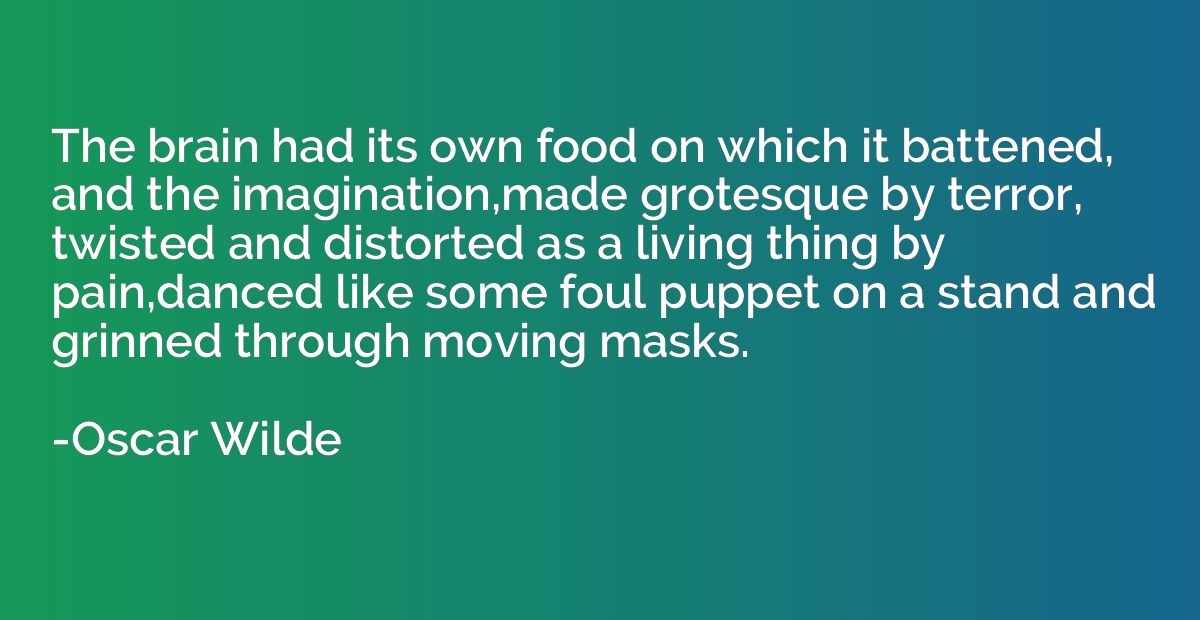Quote by Tacitus
To plunder, to slaughter, to steal, these things they misname empire and where they make a wilderness, they call it peace.

Summary
This quote, often attributed to the Roman historian Tacitus, criticizes the justification and consequences of imperial conquests. It implies that empires, while claiming to bring peace and prosperity, actually achieve them through destructive and unethical means such as plundering, slaughtering, and stealing. Tacitus contends that these actions do not truly establish peace but instead result in creating desolate and uninhabitable landscapes. In essence, the quote suggests that the concept of peace propagated by empires is a distorted and hypocritical portrayal of the reality they create through their actions.
Topics
Peace
By Tacitus














